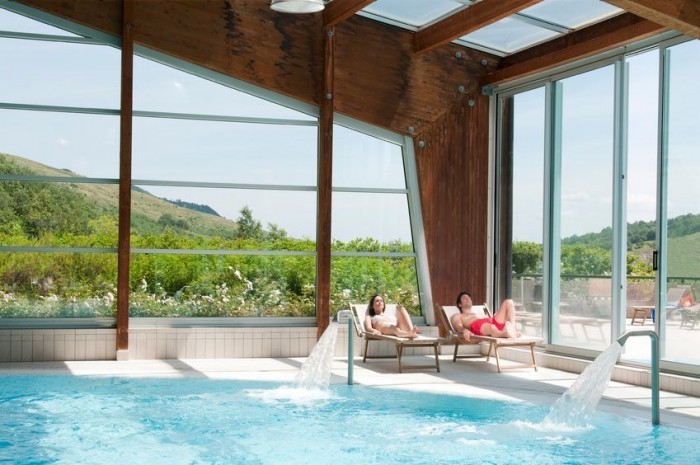DETROIT, MI – Nurses in a float pool at Henry Ford Hospital, led by Nurse Angela O’Donnell, are taking the lead and petitioning hospital leadership for the creation of an actual swimming pool in which to truly float for the purpose of curbing provider burnout. With hospital staffing at an all-time low and increasing burnout amongst all healthcare providers, nearly all hospital employees are supportive of the measure, realizing that further loss of good hard-working individuals would be detrimental to patient care.
“I learned early on, you gotta treat your nurses well, period,” said internist Gregory Price shortly after a patient yelled at him because his room had a TV without a remote.
“Nurses are so central to patient care. After a long shift, I think all nurses deserve to relax in a pool, dare I say, float in one. A nice Olympic-sized swimming pool. They’ve earned it.”
Nurse Rhonda White echoes the same sentiments.
“Those poor doctors, their pagers go off like crazy,” said Nurse White as she held down a delirious patient, waiting for back-up and some Haldol. “They run around like headless chickens. They’re quitting left and right. They need a break. We all need a break.”
The idea of a swimming pool was born by accident.
Nurse O’Donnell, who started at Henry Ford just eleven months ago, asked a unit secretary about the existence of a nurse float pool, as she wanted greater flexibility in her work schedule and greater control of her hours. The secretary jokingly responded, “I know of no swimming pool.” Since then, Nurse O’Donnell has been fascinated by the idea of a therapeutic swimming pool to help not only nurses cope with increasing demands of their job, but all healthcare providers.
“It obviously wouldn’t be within the main hospital,” said Nurse O’Donnell. “That would be disgusting. Not with all the C. diff and MRSA hanging around.”
Nurse O’Donnell envisions a separate hospital wing for healthcare personnel only. “I see it as a sort of wellness center,” she explains. “It would start off with a large pool and water therapy. But over time, as nurses, nurse practitioners, physician assistants, doctors, social workers, everyone recovered and in turn provided better care, it would lead to better outcomes, better reimbursement. Then we could work on implementing other amazing therapies, like jacuzzis, massage therapists, and spa treatments. Yes, spa treatments!”
Nurse O’Donnell already has the backing of all staff physicians.
“Nurse Angela is onto something big here, burnout is real,” said intensivist Myra Waters while intubating a patient with acute respiratory distress syndrome (ARDS). “Forget about bedside rounds or even liver rounds. Imagine poolside rounds or yoga rounds. I’m all in! Cannonball!!!”
“There is nothing like calm water to put your mind at ease,” said psychiatrist Scott Tomlinson as his patient threw fecal matter against the wall. “I wouldn’t mind being poolside right now.”
Though Nurse O’Donnell hasn’t given it much thought, she has not completely ruled out the possibility of a swim-up bar.
Hospital administration is reportedly willing to sit at the table and have discussions over the idea of a healing provider swimming pool. That being said, Henry Ford Hospital CEO Jack Donelson admits he isn’t exactly warm to the idea. Not yet anyway. He also doesn’t know how to swim.
“Believe me, the last thing I want is unhappy nurses,” said Donelson, as he pitched his ball onto the 16th hole green at Boulder Pointe Golf Club. “We’re struggling to make ends meet. I just don’t think we have the resources to make it happen.” Donelson would go on for triple bogey at the hole.
Nurse O’Donnell’s initiative keeps gaining more and more support and she vows to fight the good fight until the very end.
“It’s not about me, it’s about burnout in medicine as a whole,” added Nurse O’Donnell. “Some fight fire with fire. I say, we fight fire with water. Pool water.”








